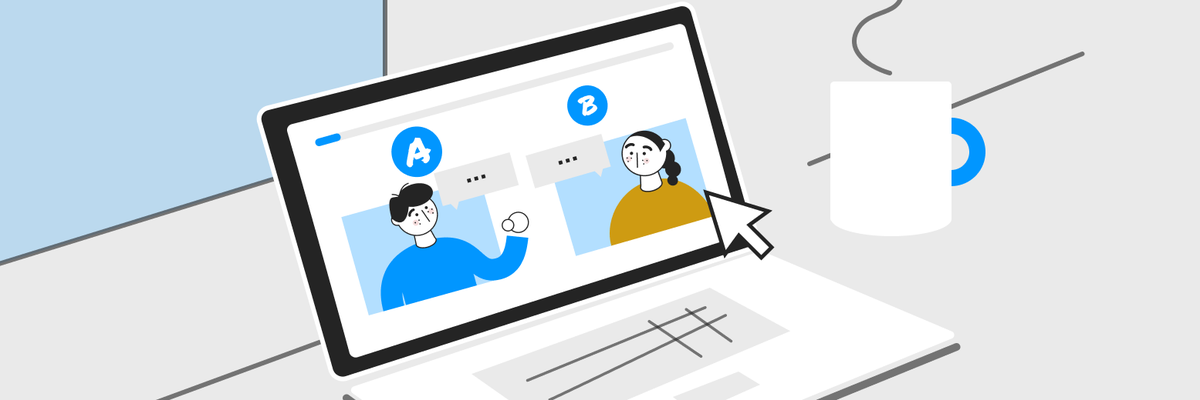- Opinion
Reflections from the RM Assessment 'AI in Action' Conference: Beyond bunkers.

This week I was fortunate to attend theRM Assessment AI in Action Conference in London as a guest and a speaker. As expected, the day was packed with thought provoking content and I have spent a couple of days thinking about my key 'take-away'.
Bunker mentality
A recent BBC article focused on the trend for Billionaires to build bunkers. From luxury compounds in the depths of New Zealand to secretive estates far from prying eyes, some of the world’s wealthiest are investing heavily in “doomsday” preparations, hoping to insulate themselves from whatever crisis may come next. In a world fixated on uncertainty, whether from technological disruption, planetary challenges, or the unpredictable rise of AI. Future-proofing is on everyone’s agenda.
But is future-proofing really just a bigger bunker?
“If you tell a human that life has been found on an exoplanet, they will immediately learn that, and it will affect their world view going forward. For an LLM [Large Language Model], they will only know that as long as you keep repeating this to them as a fact. LLMs also do not have meta-cognition, which means they don't quite know what they know. Humans seem to have an introspective capacity, sometimes referred to as consciousness, that allows them to know what they know.” (Huff & Ulakci 2025)
This reflection highlights something essential, especially in an era of rapid AI advancement and apocalyptic headlines. This isn’t just drawing a line between humans and machines - it’s spotlighting our remarkable capacity for introspection and genuine learning. Humans absorb new information, reflect, and let it reshape their worldviews. We don’t just store facts; we make meaning from them, connect them to our values, and adapt our decisions as a result. By contrast, even the most advanced AI models “know” only in a mechanical, fleeting sense - lacking self-awareness, they forget what isn't constantly reinforced.
Learning by Evaluating: Bringing Human Strengths to the Fore
It’s this very difference - rooted in consciousness and reflection - that underpins the most exciting educational innovation of recent years: Learning by Evaluating (LbE), or Assessment as Learning. At the heart of RM Compare’s Adaptive Comparative Judgement platform, LbE turns assessment from a one-way judgment into a dynamic learning process.
- Learners don’t just receive grades - they actively compare examples, participate in discussions, and collaboratively define quality and standards.
- This process brings abstract concepts to life, invites learners to review and revise their thinking, and builds the meta-cognitive skills essential for making sense of a rapidly changing world.
The 5 year study into Learning by Evaluating supported by RM Compare is hugely significant from this perspective.
Why Education Organisations Must Take This Seriously
Traditional education methods, and even much modern “digital assessment,” risk sidelining the core human abilities of reflection and self-guided learning. In contrast, embedding Learning by Evaluating across products, programmes, and services does three vital things:
- Develops uniquely human skills. LbE fosters critical thinking, self-awareness, dialogue, and adaptability competencies that will remain valuable no matter how technology evolves.
- Enriches engagement and resilience. Learners develop ownership of ideas and a readiness to thrive amid complexity, ambiguity, and change.
- Truly future-proofs learning. By grounding education in authentic judgement and reflection, organisations ensure their learners are prepared not just to survive, but to lead in the future world.
Conclusion
In a time when the world’s elite are building bunkers and algorithms seem to promise all the answers, the real “future-proofing” lies in cultivating exactly what makes us most human: the ability to learn deeply, adapt honestly, and judge wisely. RM Compare’s Learning by Evaluating isn’t just another assessment tool - it's a movement to harness and protect the strengths that technology, for all its power, cannot replicate. This, after all, is how we measure what truly matters.
